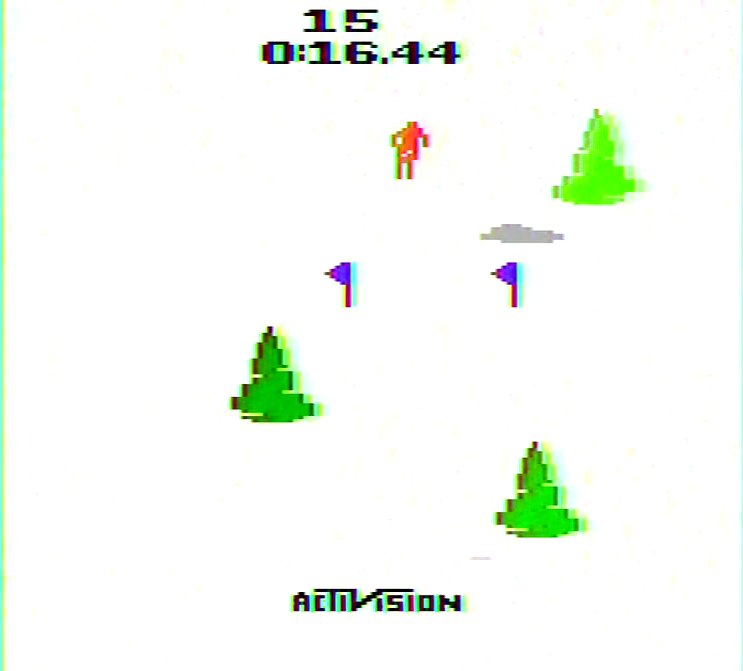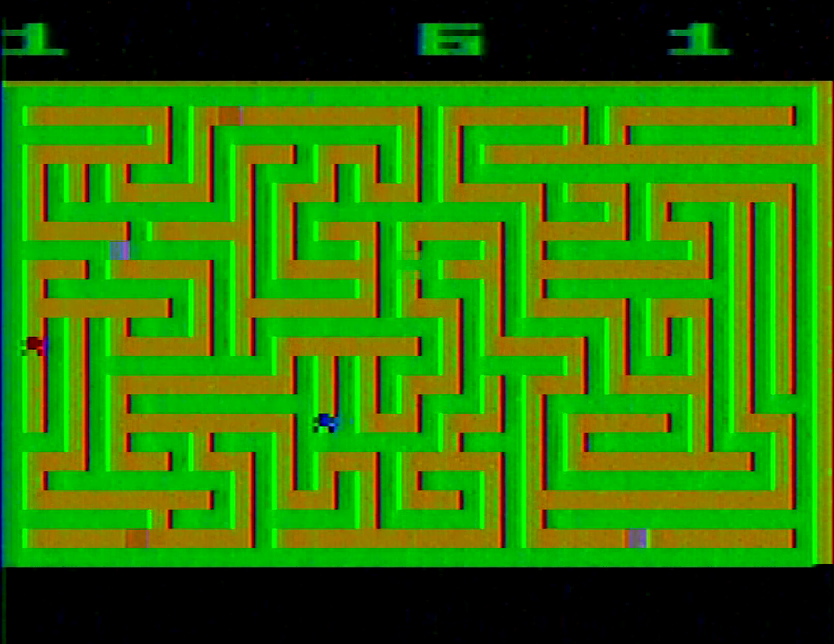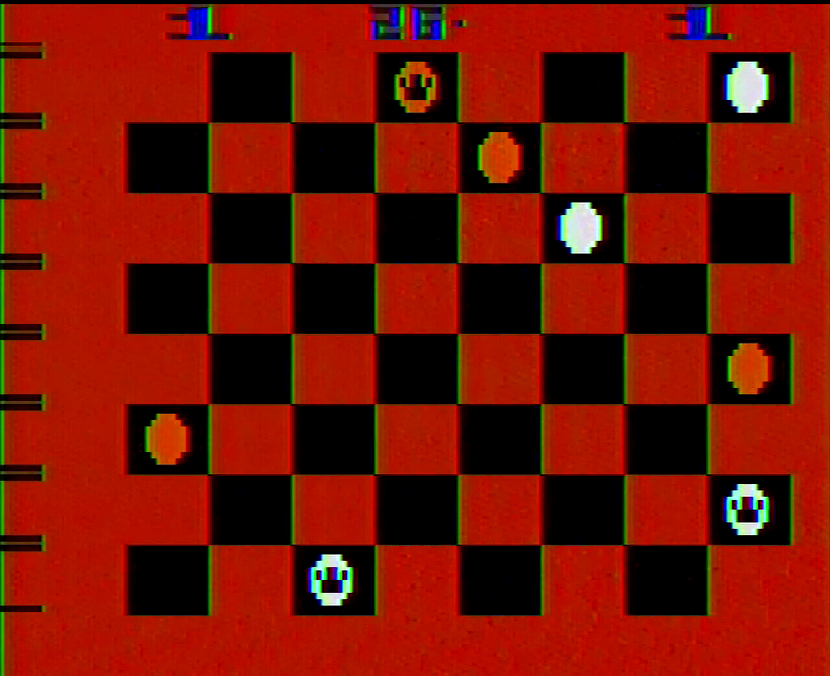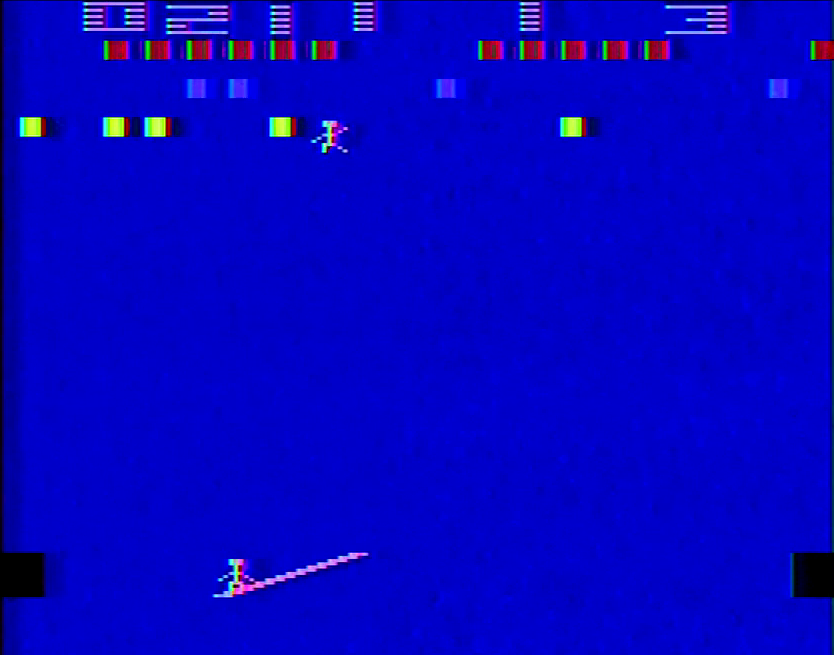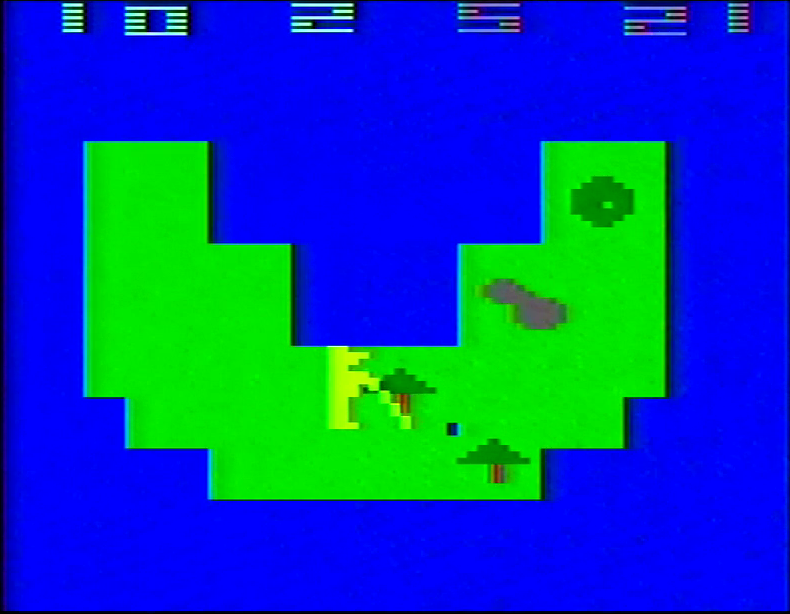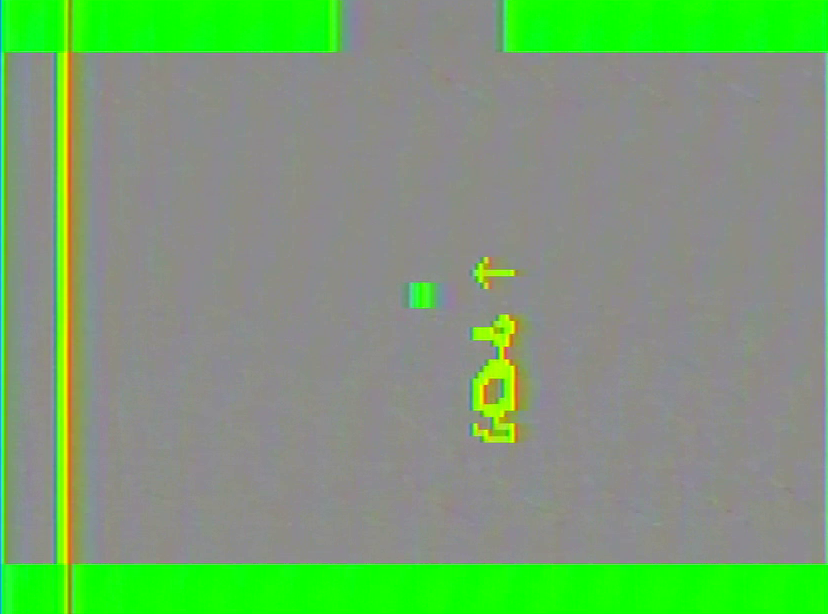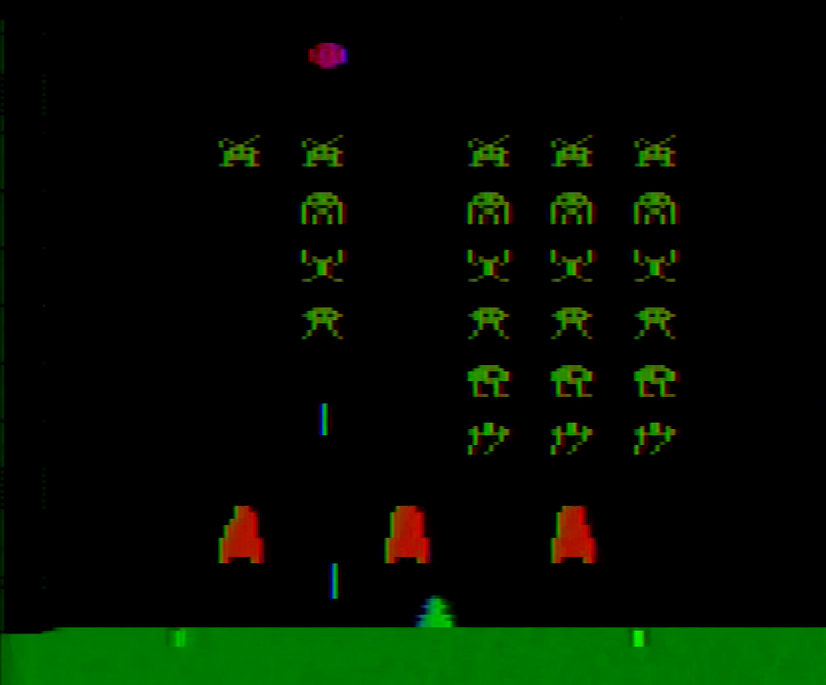
At this point in the VCS’s history, the platform has hosted a slew of traditional, real world games. Chess, checkers, backgammon, blackjack, and several others have helped fill out the VCS library with ways for enthusiasts to enjoy these games by themselves – or at the least a venue to play them without the setup. With that in mind, today’s game is practically the end of an era: Othello marks the last VCS game from Atari itself trying to translate one of these pastimes to the console. It is also incidentally the first of five games we’ll be looking at that came out in March 1981, which seems to have been the busiest month for new VCS releases that year.


